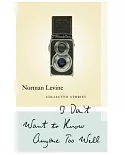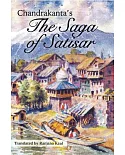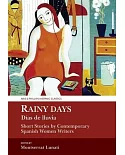Amy Levy was a talented Anglo-Jewish writer who committed suicide at the age of 28 in 1889. During her brief career she published essays, short stories, three novels, and three collections of
poetry, but none of them is in print today and her works are to be found almost solely in the closed stacks and rare book collections of university libraries. To correct this
unavailability and set the stage for a generous selection of her work, Melvyn New introduces Amy Levy as an unmarried Victorian woman and an urban intellectual, disillusioned by the mores of
her culture, yet unable to abandon her identification with the English Jews who embodied so much of what she scorned. He reconstructs her world in 1880s England--a time when the president of
the British Medical Association warned his colleagues that educated women would become "more or less sexless. . . . [Such women] have highly developed brains but most of them die
young"--raising questions that lead to the tortured heart and mind of this "found" writer.





















